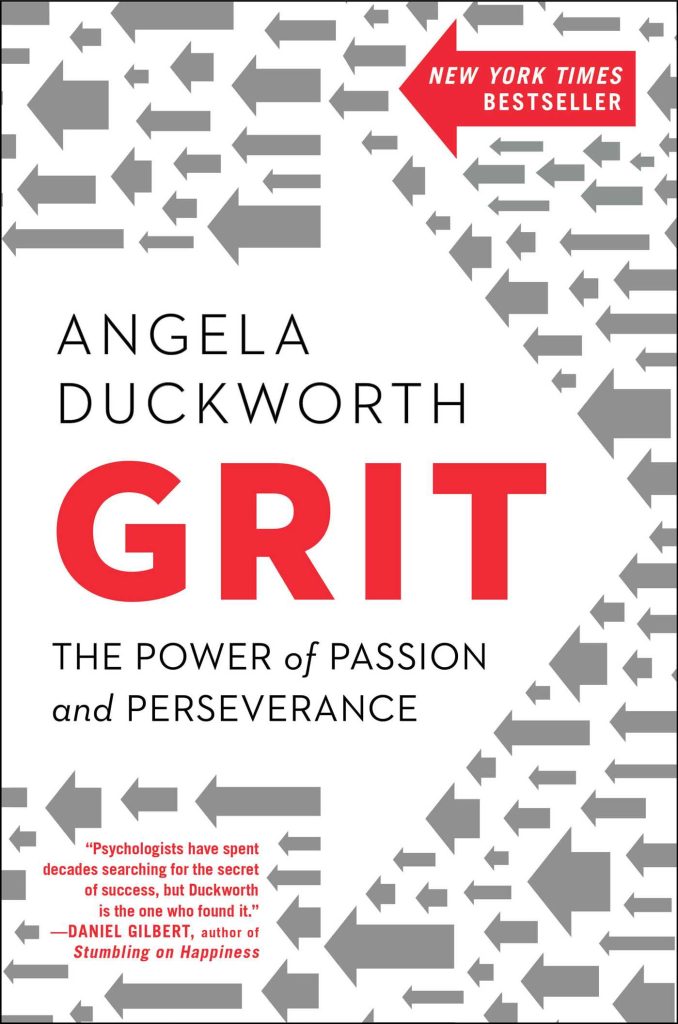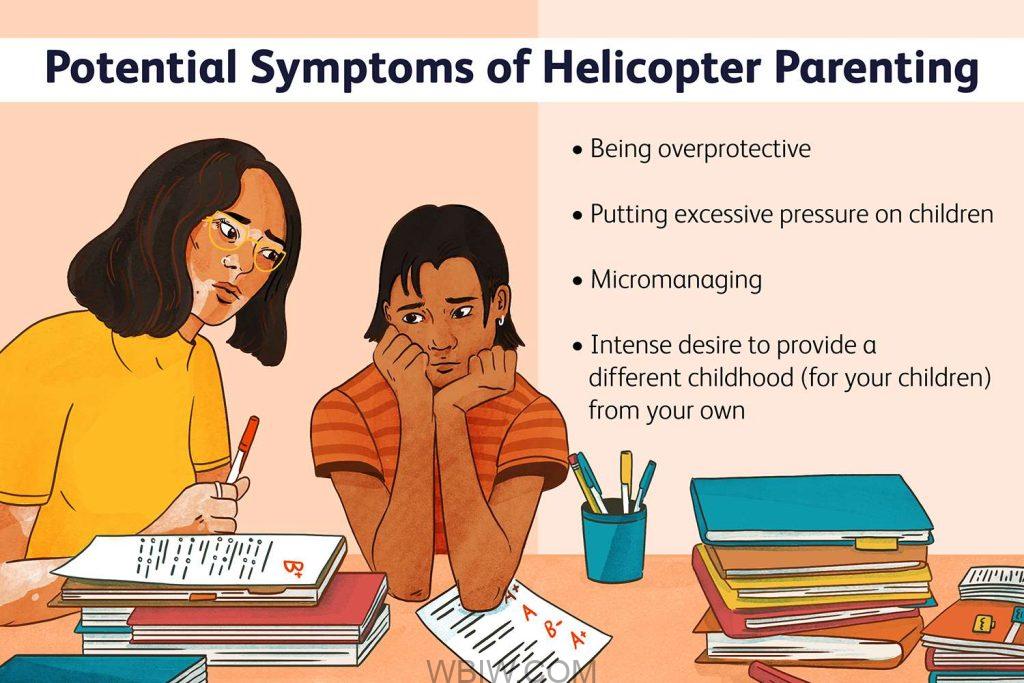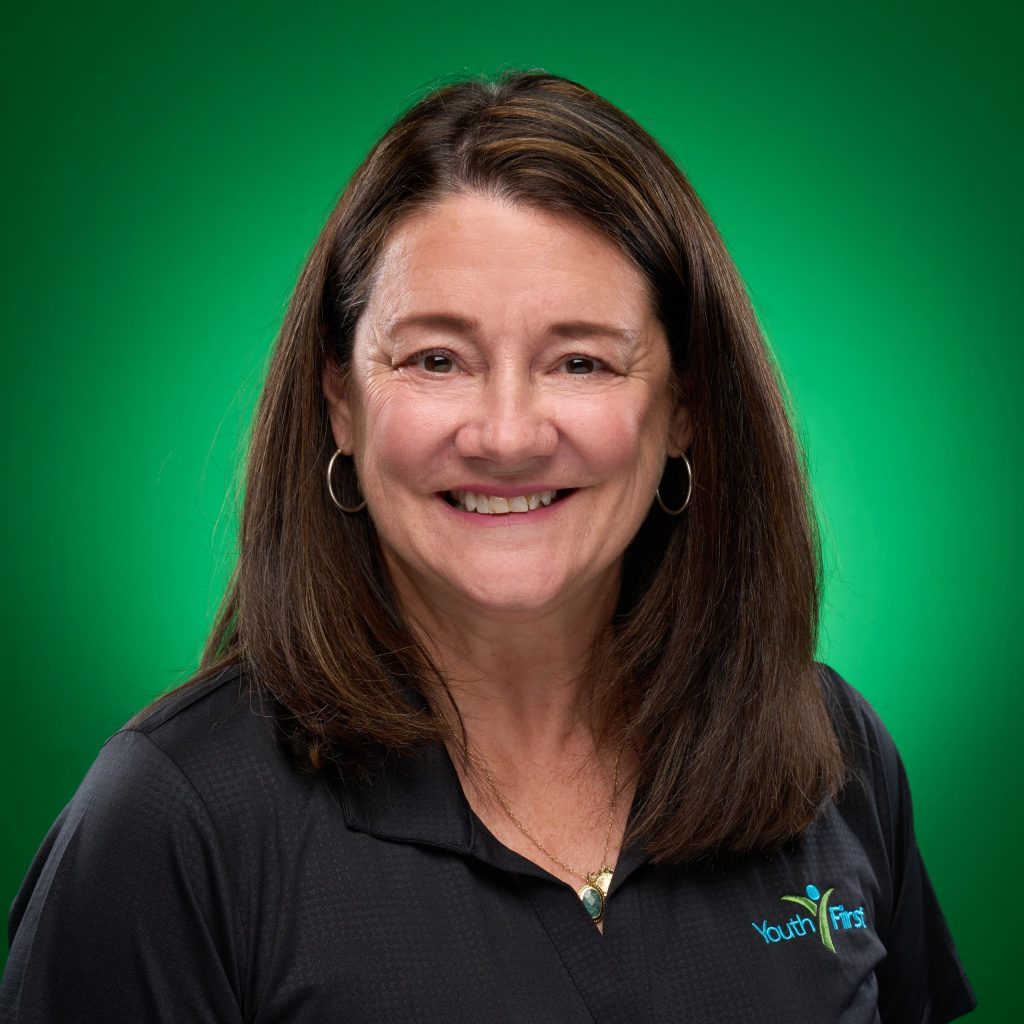
INDIANA – The term “grit,” coined by psychologist Angela Duckworth, is a combination of resilience, determination, and persistence in the face of setbacks and obstacles.

In the face of life’s challenges, helping your child develop grit is more important than ever. However, it is not necessarily comfortable for parents. It can be easier to “fix” than to teach.

Parents may find it uncomfortable to let their children experience failure and disappointment, so they resort to rescuing, an aspect of helicopter parenting. Helicopter parenting refers to a “hover” style of parenting that is highly protective. While helicopter parents typically have good intentions and may believe they are acting in their children’s best interests, research suggests that this style of parenting can have negative consequences. Children of helicopter parents are more likely to struggle with low self-esteem, anxiety, and a lack of resilience; in other words, they lack grit.
The following are some ways to help your child develop grit:
- Instead of jumping in to rescue your child, let them experience setbacks and failures while showing them support and encouragement. Tell them you believe in them and ask what they learned from the experience. Encourage your kids to try again, persist, and not give up.
- Help your child set goals, take risks, and celebrate small victories and milestones to larger goals.
- Demonstrate trust in them by allowing them to solve problems and overcome obstacles independently.
- Talk with them about your experiences of overcoming challenges through hard work and determination.
- Please encourage your child to stick with activities when they become challenging or frustrating.
- And finally, model resilience and grit in your own life.
We can’t protect our kids from all of life’s hardships. Parental qualities that foster grit can be challenging, but they can also reap great rewards for our kids in the long run.

By fostering a growth-oriented mindset, you can help your child develop grit, setting them up for success in school, relationships, and life.

By Leah Doughty, Youth First, Inc.



